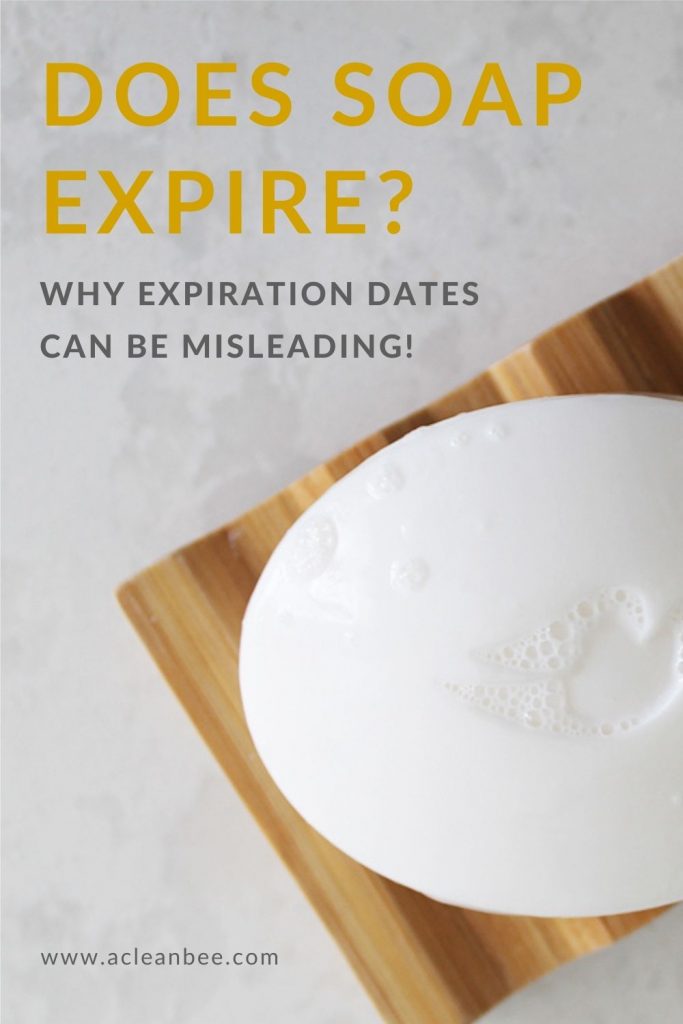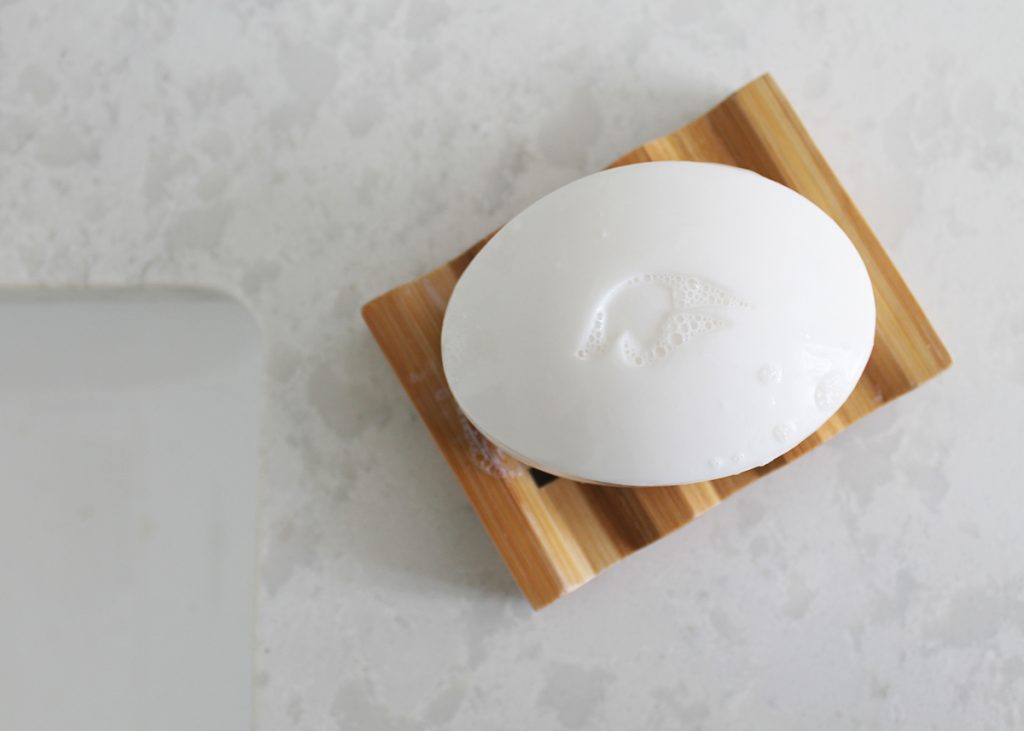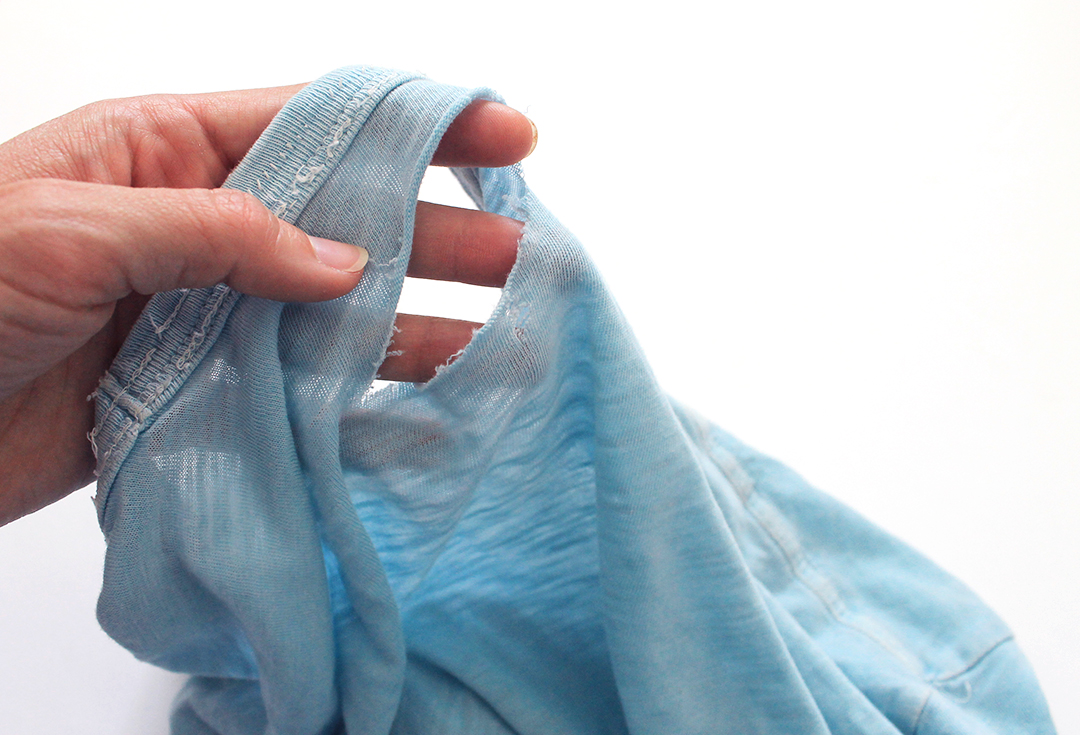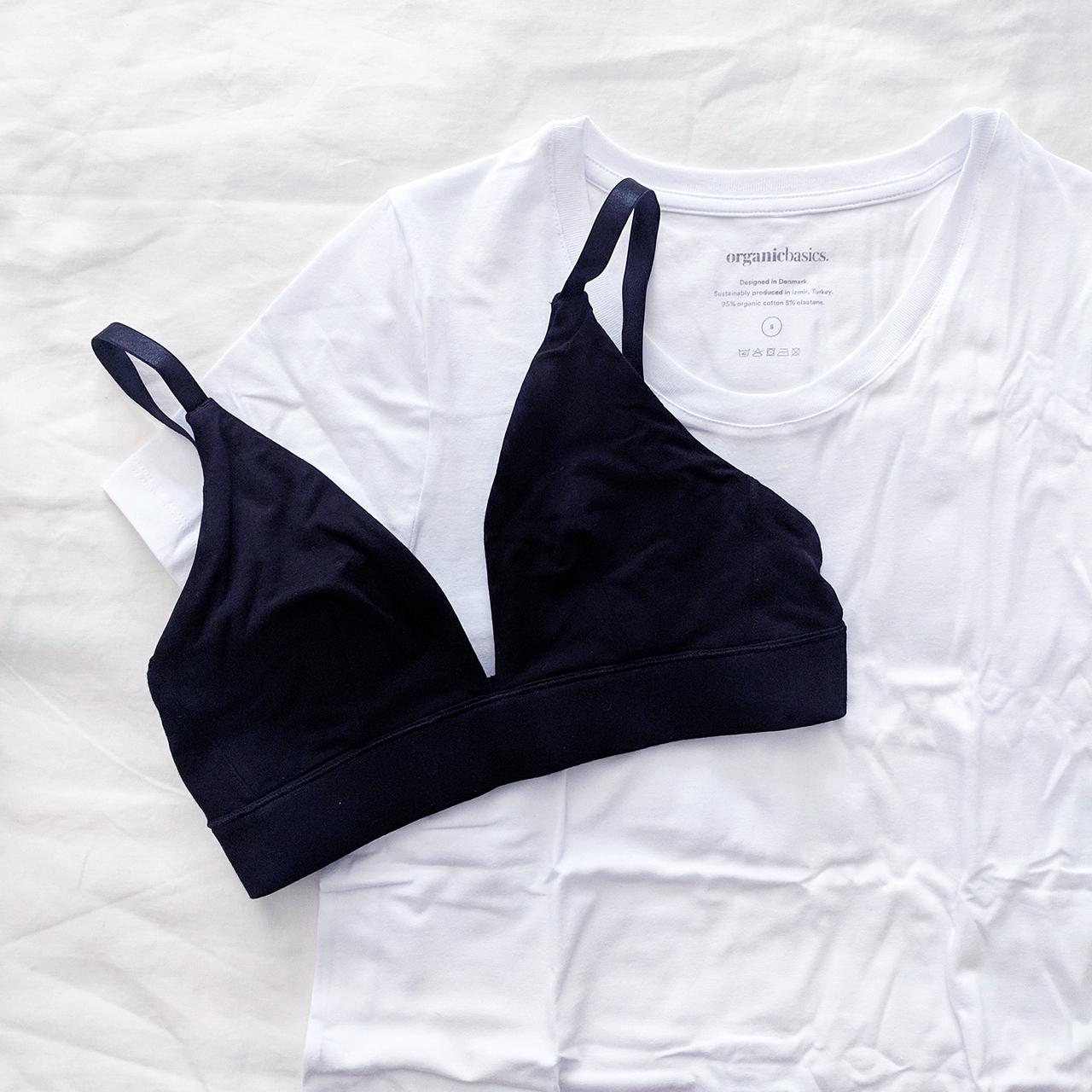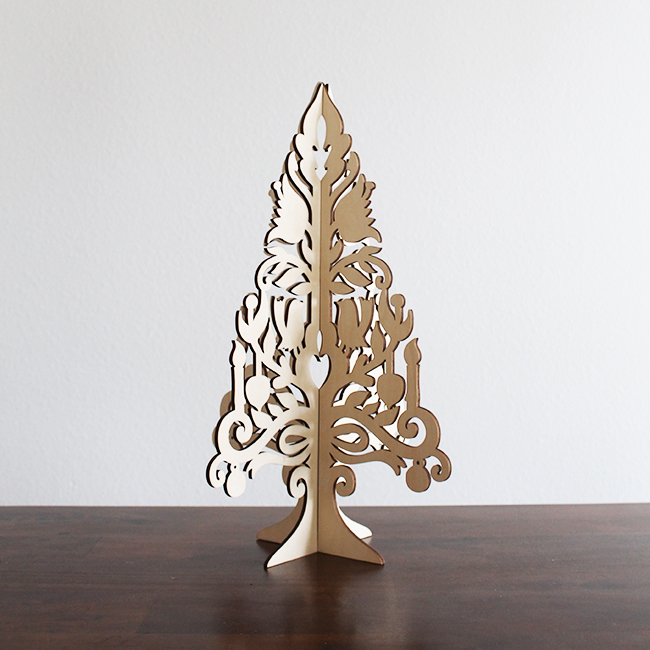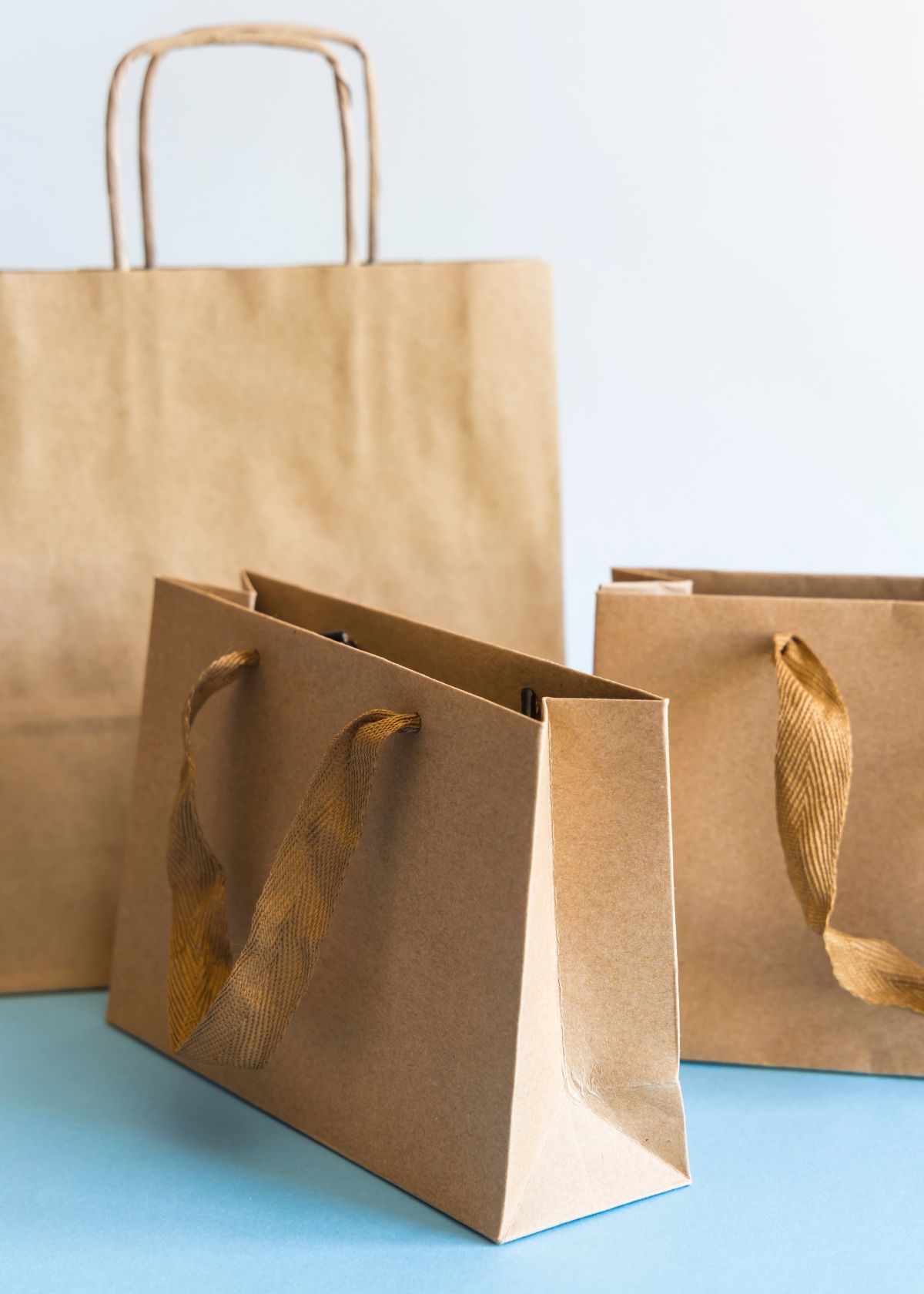Does Soap Expire? How to Know if Old Soap is Still Effective
Did you know that most soaps and detergents are regulated by the FDA? This is why many of the soap products you see sold in stores include an expiration date on the packaging. Those expiration dates are required by the FDA.
But much in the way that eggs can often be safely consumed past their expiration date, soaps can as well. This makes the true answer to the question of, “when does soap expire?” a bit ambiguous.
What is Soap, Exactly?
Traditional soap is made by combining fats or oils (from animal, vegetable, or mineral sources) and an alkali, such as lye. Once processed you are left with the alkali salts of fatty acids, or in other words, traditional soap (source: FDA).
The thing is, most “soaps” that are sold today (both solid and liquid) are actually “detergents.” Sometimes detergents are marketed as soap, which makes distinguishing between the two all the more confusing!
The most basic purpose of soaps and detergents is to aid in the removal of oil/dirt from surfaces and materials. Oil attracts dirt and does not naturally mix with water, but the molecules in soap can surround and suspend oil/dirt such that it can be rinsed away by water.
Traditional soap, however, works less effectively when combined with acidic or hard water. When this happens, a residue like soap scum will often remain on whatever material or surface you’re cleaning. This is one reason scientific advancements have led us to detergents, which clean more effectively even when combined with hard water.
Does Soap Expire?
The very short answer is, yes… fat and/or oil is a key ingredient in soap and oil has a limited shelf life. So in the same way that the cooking oil in your pantry will go rancid over time, soap will expire as well (just not as quickly).
Most formulations of soap can be expected to last at least 2-3 years. Of course, this time frame is going to depend greatly on how the soap has been formulated.
More “natural” soap formulations will degrade faster (typically within a year or two). Alternatively, some commercial formulations can be stored for upwards of 10 years.
With that said, just because your liquid or bar soap has exceeded the marked expiration date doesn’t mean it is no longer effective or usable. In general, if your “expired” soap still lathers, it can still be used effectively!
How to Know When Soap Has Expired
One of the most pronounced indicators of expired soap is whether or not it still lathers. If you can still work up a good lather with your soap – bar or liquid – then you can continue to use it effectively.
Other indicators of expired soap are if the bar is dry and cracking, discolored, or if the scent has faded.
Of course if your soap shows signs of growing mold or if it smells rancid, it’s probably time for a replacement.
Natural Soap
Soaps that have been scented with essential oils and/or are colored with natural botanicals tend to expire more quickly than formulas that use synthetic stabilizers and preservatives.
Essential oils are volatile liquids that will evaporate when exposed to air. Different essential oils will evaporate at different rates. For instance, citrus essential oils are known to evaporate in soap in as little as six months! (source)
Regardless of the scent, it is recommended to use naturally scented soaps within three months of opening to enjoy them at their peak quality.
Commercial Soap
Many commercial soaps are processed with synthetic stabilizers and preservatives that help extend their shelf life. Most of these soaps have expiration dates within 2-3 years of manufacturing, however many are usable for far past than their noted expiration.
Can Expired Soap be Recycled?
On the off chance that your soap is truly expired and no longer usable, what should you do with it? Throw it in the trash? Or can expired soap be recycled somehow?
Don’t Waste Small Soap Bits!
If you use bar soap, eventually you will be left with small parts of soap once the bar breaks down. These tend to be thrown into the trash where they will eventually expire and go to waste.
Alternatively, you can collect these small bits of bar soap into a soap bag and turn it into a body scrubber for your shower. No soap left behind!
Adding Soap to Compost
Whether or not you can compost old soap is entirely dependent upon its formulation. Soaps formulated with synthetic fragrances and dyes can contaminate compost.
Biodegradable soaps made with materials like beeswax, avocado oil, hemp seed oil, and other natural oils can be broken into small shards and added to your compost pile (source).
If you’re left with rancid soap made from non-natural materials then unfortunately your best bet is to simply trash it.
How to Maximize the Shelf Life of Soap
Bar Soap
Keep bar soap in a dark, cool location. Store it loosely packaged in a breathable container like a cardboard box or a muslin soap bag. Tight wrappers around bar soaps can trap moisture – especially if soap is stored in a humid environment like a bathroom.
Moisture will degrade the quality of your bar soap more quickly, while exposure to air will help the soap harden naturally and help extend the life of your soap.
Liquid Soap
Store liquid soap in a dark, cool location away from moisture if possible.
Overall, if your soap shows zero signs of mold, smells nice, and still lathers, it’s probably still fine to use!
